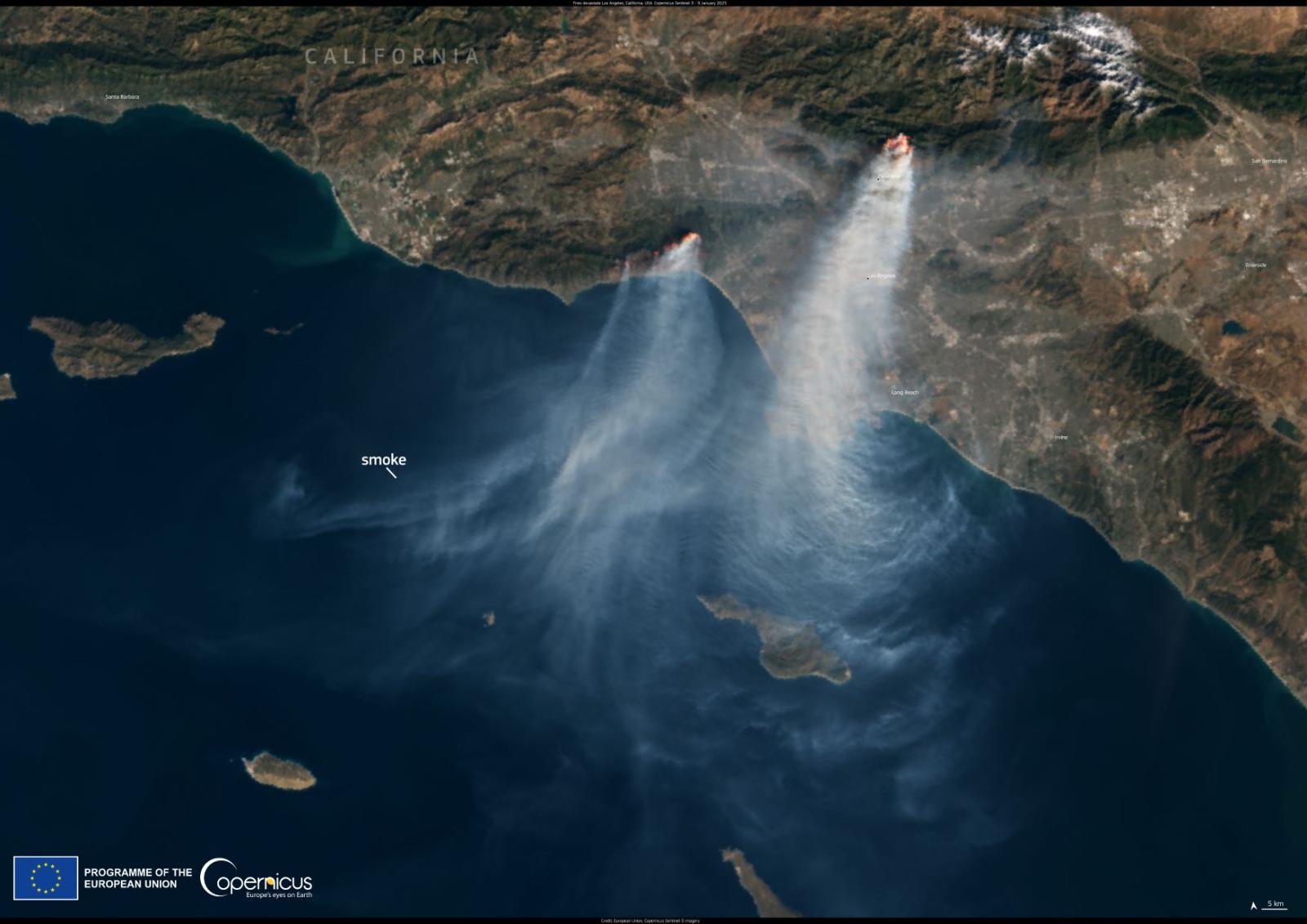The European Centre for Disease Prevention and Control (ECDC) recently released a technical report in support of the Council Recommendation on seasonal influenza vaccination that the European Union (EU) Council adopted in December 2009. Aim of this Recommendation was to ask for concerted action to be taken, at a European level, to mitigate the impact of seasonal influenza by encouraging vaccination among risk groups and healthcare workers.
The ECDC provided technical assistance to Member States on monitoring the current situation with seasonal influenza and influenza immunization, and this report comes from the gathering of a great part of such data. Specifically, the document provides data on vaccination policies and strategies, vaccination coverage, and barriers to vaccination for seasonal influenza in the EU/EEA countries, drawn from two primary sources: the annual survey by the VENICE project and a Supplementary Questionnaire developed and implemented by ECDC to collect additional data especially relevant to the Council Recommendation. The report also cites the four European projects – TELLME being the first of the list – related to seasonal influenza vaccination and funded by the Directorate-General for Research and Innovation or by the Executive Agency for Health and Consumers.
The analysis of the data collected led ECDC experts to conclude that, since 2009, Member States have made limited progress in achieving the aims outlined in the Council Recommendation on seasonal influenza vaccination, despite the fact that almost all countries reported having in place national and regional vaccination policies or strategies for seasonal influenza. While few of them managed to get close to the given targets, they represent a minority and, since the deadline for the aims outlined in the Council Recommendation is the 2014-15 influenza season, it seems unlikely that more than a handful of them will manage to reach them. Such perception that little or no progress is being made was reinforced by the lack of data on vaccination coverage for relevant categories such as people with chronic conditions and healthcare workers. However, the report recognizes that a majority of them are instituting national programmes and have identified steps that could be taken to improve vaccination coverage rates in the short term and to strengthen the infrastructure to enable steady gains in coverage over the longer term.



